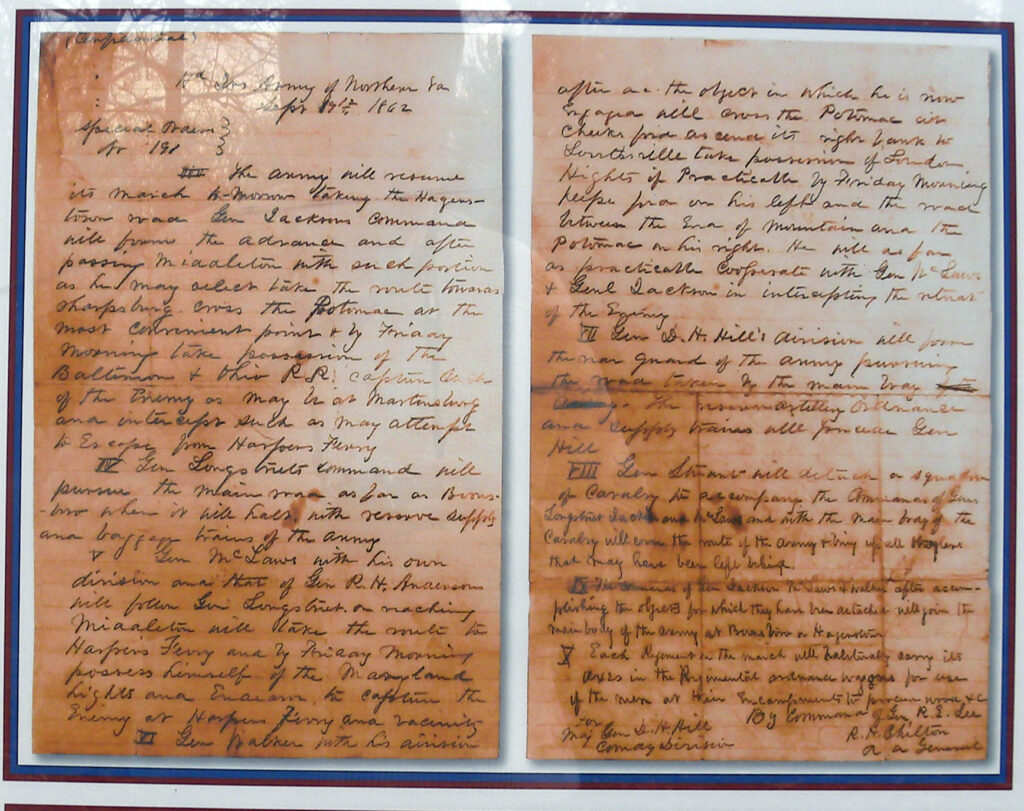Fifty days from now, I will be retired and on a plane heading to Washington, DC to start a month-long trek on the Appalachian Trail. I’ve been hiking the AT for about 15 years now and covered a respectable portion of it. But I’ve never been gone for a month, and never by myself. The question is, “why would a 57 year-old fat guy want to sign up for that kind of deprivation? I’ve been asking myself that same question since I decided to go. While the real reasons are still a bit murky, there are three explanations which I think cover most of the “why.”
The first reason is physical. My current job does not afford me much exercise during the week. I sit (or stand) at my desk most of the day. While working from home has helped a lot by allowing me to move about a little – doing a load of laundry, feeding the chickens, checking the mail, I still struggle to exercise. I usually walk 2.25 miles each morning with the dogs “guarding” me the whole way. This helps but it’s not enough.
Diet is an area I’ve struggled with for years. While I can attribute some of it to the Staton genes, most of it is a lack of discipline, I’m afraid. I learned long ago that the only way to lose weight is to execute a combination of exercise and diet and make it a matter of habit. I can do the first, but have trouble with the second. This hike is going to be physically challenging for me, and I don’t know if I can make it. But if I do, I know that I will be thinner, fitter, and feel better about myself. I’m hoping that this will start me off on the right foot as I enter retirement.
The second reason is emotional. Most folks wouldn’t suspect it of me, but I’m greatly affected by news, politics, conflicts, wars, the economy, basically what’s going on around me. Right now the world is crazy, and I’m letting it get to me. I know from previous long-hike experiences that unplugging from society for an extended time has tremendous positive effects on your mental and emotional state. You see the world with different eyes after being on the trail for a few weeks. I need to unplug and reset my brain. This will allow me to properly prioritize the things that really matter to me – my wife and family, my professional goals, my eccentric hobbies.
The third and perhaps most important reason is spiritual. I’m studying to be a Deacon in the Catholic Church. Right now, I’m called an “Inquirer” which means I’m a nobody. The Inquirer phase lasts 18 months and is designed to examine you in every aspect of your life to see if you can potentially be a Deacon. It’s also a time to discern if God is calling. I think he is, but I’m not sure. So this hike will give me ample opportunity to talk to God and figure out if he really wants me to be a Deacon.
When George Mallory was asked why he wanted to climb Mount Everest, he famously replied, “Because it’s there.” I think that’s the short answer to my question. It focuses attention on the external object such as the mountain or the trail. But I’ll bet that Mallory did it for personal reasons as well.
